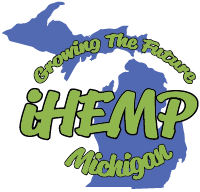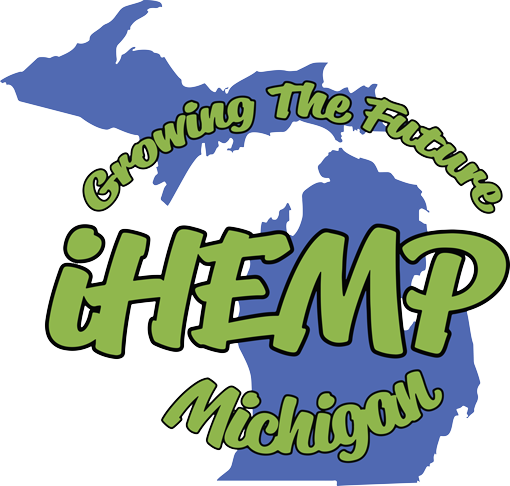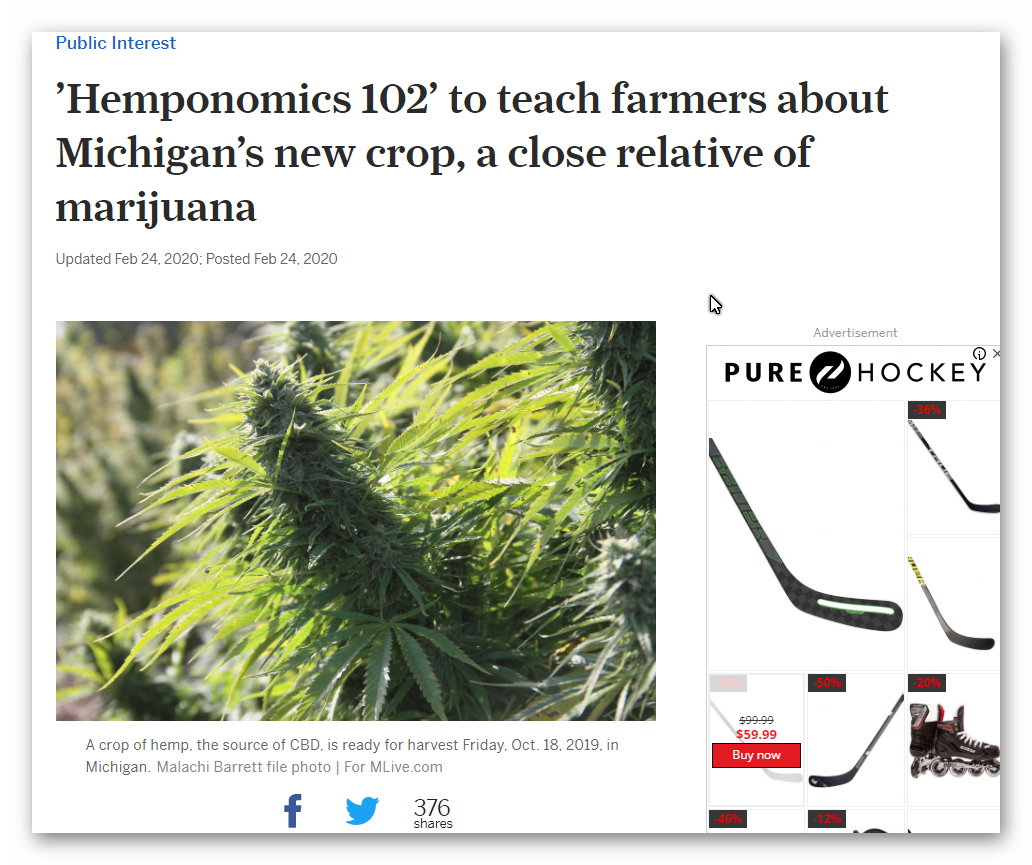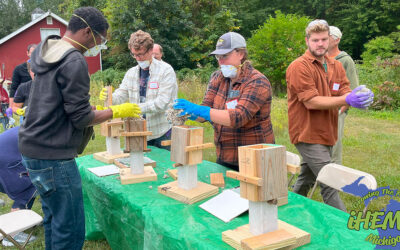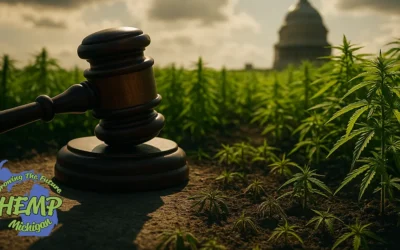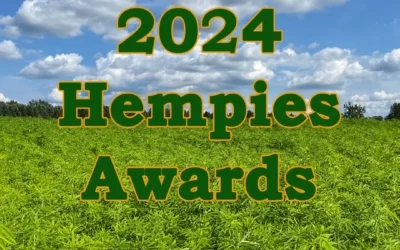LANSING, MI — Hemp, a newly legal crop related to marijuana but without the euphoria-inducing THC, is generating interest in Michigan and across the U.S.
iHemp Michigan, a hemp farming trade organization, is hosting upcoming educational sessions to “highlight the opportunities” in the emerging industry that saw greater than 500 Michigan farmers participate in a pilot program last year.
The events are scheduled to take place from 5 p.m. to 8 p.m. Tuesday at Black Forest Catering, 281 Heinlein Strasse in Frankenmuth; and 5 p.m. to 8 p.m. Thursday at the Western Michigan University Fetzer Center, 2251 Business Court in Kalamazoo.
Tickets to the events cost $70 for non-members of iHemp Michigan and $30 for members.
“We have some of our group farmers coming” iHemp spokesman Dave Crabill said. “We’re going to talk about the challenges of farming hemp and then answer questions from the audience.
There are also see genetics specialists expected to be in attendance.
Crabill said a goal of his organization is to create a network between hemp processors and farmers to take make sure the harvested plant can be converted into marketable products.
The proliferation of lucrative CBD oil, a loosely regulated hemp extract used as a natural remedy for anxiety, insomnia, depression and pain, among other ailments, is credited for piqued interest in hemp farming, but Crabill said the potential untapped uses are vast.
Since hemp farming is in renewed infancy — it was made illegal to grow in the 1938 Marijuana Tax Act and remained a controlled substance until the passage of the 2018 U.S. Farm Bill — new farmers and support businesses have a lot to learn, Crabill said.
He’s is excited to watch hemp expand into other markets for use by clothing manufactures in textiles, lubricants at manufacturing plants, food sources or as a replacement for plastics.
“Good things are happening,” Crabill said.
iHemp Michigan held a successful hemp expo in Lansing last month that drew over 1,200 attendees.
Hemp is defined as cannabis containing less than .3% of tetrahydrocannabinol, commonly known as THC, the compound in marijuana that causes an intoxicating high.
Last year, Michigan’s 572 licensed hemp farmers, with the help of 423 processors, harvested 30,000 acres of land. How much hemp that land yielded is expected to be released as part of an MDARD first-year pilot program report this spring.
There are currently 404 farmers and 358 processors registered to participate in this year’s hemp farming pilot program, according to the Michigan Department of Agriculture and Rural Development.
— Gus Burns is the marijuana beat reporter for MLive. Contact him with questions, tips or comments at fburns@mlive.com or follow him on Twitter, @GusBurns. Read more from MLive about medical and recreational marijuana.
